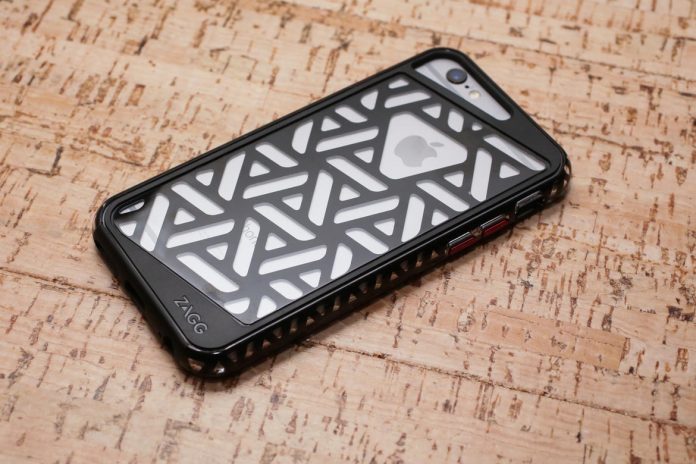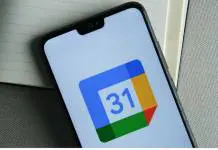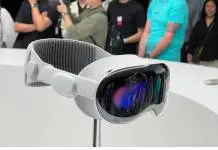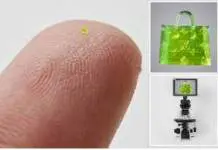
Utah-based Zagg has agreed to pay $100 million to acquire the California smartphone battery case maker. Tustin, Calif.-based Mophie, is best known for making “Juice Pack” phone cases with batteries embedded in them to allow for extended use. The two companies announced on Tuesday that they have signed a definitive agreement with possible additional money based on the company’s earnings between April 1, 2016, and March 31, 2017. According to ZAGG, the purchase of Mophie will create a mobile accessories company with leading market share in four key mobile categories: battery cases, screen protection, external batteries and tablet keyboards.
Zagg CEO Randy Hales stated: “We see numerous opportunities to drive revenue growth and increase profitability by leveraging the strengths of both organizations to strengthen product development, improve brand presence, and expand distribution“. Mophie CEO Daniel Huang and operating Chief Shawn Dougherty will continue in their current roles, reporting to Hales.
Huang said: “Zagg and Mophie represent two companies with strong brands and shared values“, and he continued, “The rationale for the merge is powerful and the combination enhances each company’s growth strategy while offering a truly compelling value proposition..”
Zagg CEO Randy Hales also pointed: “We see numerous opportunities to drive revenue growth and increase profitability by leveraging the strengths of both organizations to strengthen product development, improve brand presence, and expand distribution.” But there’s also one more significant reason for the combination of the two companies, competition.
Manufacturers such as Apple have begun manufacturing cases and other accessories for their phones, pressuring third-party providers such as Zagg and Mophie. The combined company has more possibilities to negotiate in such a situation.
The deal is expected to close in the first quarter of 2016. At this point, we should refer that ZAGG stock increased over 12% earlier today by hearing the news of the acquisition, before settling down to $9.88 —still a near 8% gain.










